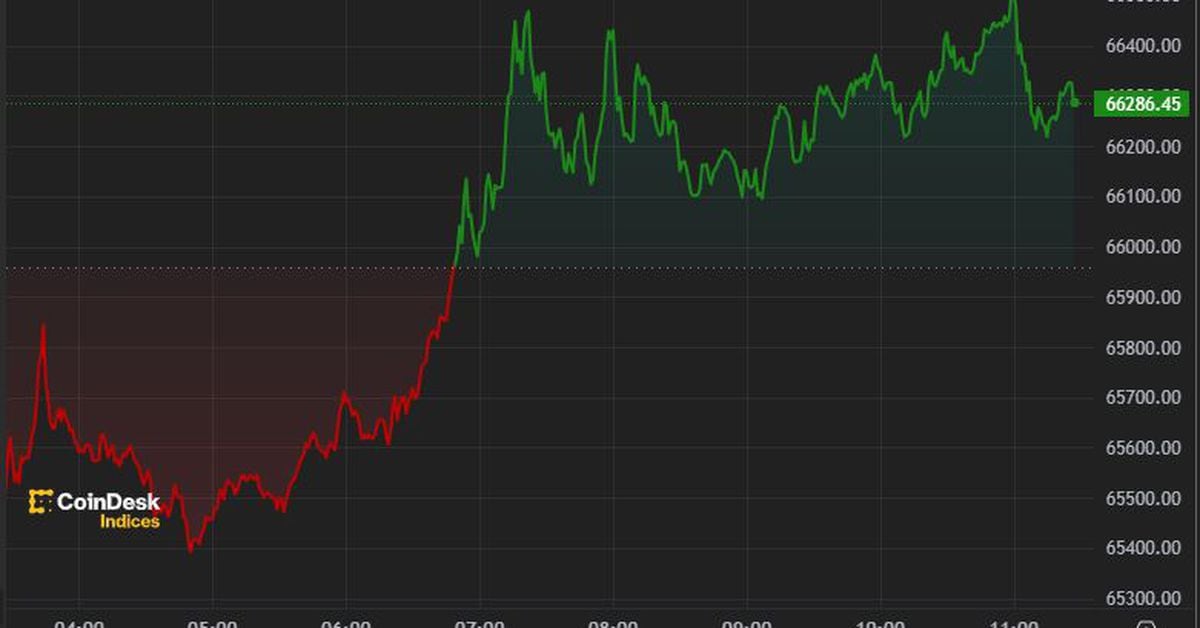
OpenAI’s ChatGPT has become a household name in the AI tool world, but Google isn’t sitting on the sidelines. With its shiny new Gemini brand and Gemini Advanced service, Google has launched a strong competitor to OpenAI’s flagship product.
Google claims that Gemini Advanced (an evolution of the previous Bard chatbot) outperforms GPT-4. But is that really the case? If you only have $20 a month, which paid multimodal AI tool should you use?
Let’s solve this problem. There is no clear “best” here. What sets these chatbots apart isn’t necessarily whether they are objectively “smarter,” but rather which features, niche capabilities, and external integrations best fit into existing tools and workflows.
Whether one of these powerful tools is worth $20 a month depends entirely on what tools you already use and what tasks you need help with, and we’re here to help you decide on the nitty-gritty details.
Image Creation: Realism vs. Flexibility
Both Gemini and ChatGPT Plus can transform your words into visual representations. Unlike Stable Diffusion and other image generators, these two understand natural language prompts. Gemini’s current focus is on achieving realism. However, it falls short of Google’s separate ImageFX model, which captured our hearts even in beta and may eventually be implemented in Gemini Advanced. However, these two can only produce square 1024×1024 images.
OpenAI’s Dall-E 3 sacrifices realism for greater flexibility. You can specify the image size (square, portrait, 16:9, etc.). This is useful if you need visual elements tailored to a specific website or design and want to skip manual cropping. However, there is a unique cartoon style that makes Dall-E images easily recognizable from miles away.

Choosing one or the other depends on your goals. Taking near-perfect product photos for your online store may require special tools, such as those offered by Adobe or Corel. However, for a quirky illustration or a fun brainstorming video, any one of these contenders may suffice, leaving room for personal preference for style.
Voice Convenience: At Home vs. On the move
Sometimes you want to hear the AI’s response to allow for multitasking or simply to give you a break from staring at the screen. Thanks to its connection to the Google ecosystem, Gemini offers seamless read-aloud functionality. However, ChatGPT Plus has its own advantages. Our native mobile app lets you chat virtually anywhere. In general, OpenAI’s voice sounds more human-like, but only through a smartphone.
Your choice will depend on how you work. If your use of AI primarily takes place at your desk with convenient integration with other Google tools, Gemini wins. However, for people who are constantly on the go, keeping their phone in their pocket and listening to their chats narrated, ChatGPT Plus may be the choice. Although this may seem important to people with visual impairments, many people prefer other text-to-speech (TTS) methods of playback. Because the cadence of the “natural voice” is too slow, the content plays at a very fast pace. In that case, both sites are TTS compatible and can be cleaned.
need speed
Let’s take a look under the hood, so to speak. Their “brain power” (token context) may seem similar, but there is a big difference in speed. Gemini Ultra is very fast compared to GPT-4 (or Anthropic’s Claude AI). With Gemini Ultra, you get GPT-4 quality output at GPT-3.5 speeds.
for example: decryption “Please take some time to write an essay on why cryptocurrencies could play an important role in shaping the future of economic transactions,” the message read. Gemini Advanced took 12.14 seconds to write the entire essay, while GPT-4 took almost a minute (53.13 seconds to be exact). The previous version of the OpenAI chatbot, GPT-3.5 Turbo, took 11.06 to write the essay.
Privacy Issues
One of the biggest concerns about AI is privacy. This is where prompts and other information you provide are transmitted, stored, and accessed. ChatGPT retains chats for 30 days to improve responsiveness, but those who value privacy may want to be cautious. Google, on the other hand, stores your information for as long as 18 months.

Both services raise different privacy concerns, so your choice will be based as much on how you feel about your data as on their features. Fortunately, both have the option to delete chats as well as the option to share them.
ChatGPT’s Niche Wins: PDF Analysis
If you live and breathe PDFs, this contest is definitely for you. ChatGPT Plus can dig into those documents to extract insights, answer questions about them, and generally save you time. Perhaps due to legal or technical reasons, Google has not integrated these features into Gemini. If your PDF is just short chunks of text that you can just copy and paste, this may not be a problem. But for those juggling clients’ paperwork, tables, or research, it can be a deal breaker.
This doesn’t have to be a permanent setback for Gemini, but for now, there are compelling reasons for heavy PDF users to opt for ChatGPT’s improved features. Additionally, Claude AI can analyze PDFs for free, and its models are as good and accurate as GPT-4.
search war
If the quality of search results included in your chatbot session is important to you, Gemini’s native link to Google is of utmost importance.
Gemini Advanced allows users to get real-time responses on the go with models that pull data from Google Search. Another very useful feature is that Gemini Advanced has a button that allows people to double-check all the facts of their interactions using Google Search. This minimizes the impact of occasional hallucinations and aids in source scraping and fact-checking.
ChatGPT relies on Bing, which, while improving, can’t really compete with Google’s dominance.
It is important to note that any answers provided by chatbots are likely to contain hallucinations. This is the nature of generative AI. If the model cannot hallucinate, it will essentially be reproducing information that already exists. Fact checking is very important when interacting with AI models.
What ChatGPT Plus Has but Gemini Advanced Doesn’t
Open ecosystem and third-party integrations: ChatGPT Plus differentiates itself by integrating with third-party apps, including plugins and user-created GPTs. This creates endless possibilities for users to add plugins that interact directly with the AI assistant, streamlining workflows and unlocking special features. If you’re used to working with Canva or Zapier and integrating ChatGPT in your workflow, switching to Google Gemini will feel like a downgrade.
Personalized and Profitable Conversations: GPT Store aims to reward creators and promise continuous innovation and growth within the ChatGPT ecosystem. If you want to make money by creating personalized chatbots, or if you want to try having specially tailored conversations with GPT so that your chatbot knows more about certain topics, adopts a certain style, and is more personalized than any other option… Otherwise, pay for ChatGPT Plus.
Mid-conversation editing for efficiency: ChatGPT Plus lets you adjust previous prompts, even in multi-part conversations. For example, imagine a 6-shot interaction with 6 commands and 6 responses. In ChatGPT, the user can edit the fourth command and ChatGPT will generate a new answer, taking into account only all context before that interaction. This will save you a lot of effort and make your sessions more efficient. When Google realized the user had made a mistake in a previous command, they had to start a new session.
This feature of ChatGPT Plus saves you valuable tokens and prevents entire sessions from restarting, optimizing interactions and maintaining creative flow.
Gemini Advanced gas not found in ChatGPT Plus
Bundled cloud storage and additional features: The included 2TB Google One subscription offers significant savings for users already participating in the Google ecosystem. Similar plans cost around $10 per month with iCloud and $12 per month with Dropbox. For these users, switching to Gemini Advanced effectively saves them money by only adding an average of $10 for a top-tier AI chatbot instead of the $20 users would pay if they used ChatGPT Plus with the cloud service.
Provided by Google for accuracy: Gemini Advanced verifies responses to Google Search’s vast knowledge in real time. This means you’ll have accurate, up-to-date information at your fingertips thanks to Google’s reliability and relevance. ChatGPT with Bing is not accurate.
Instant draft and style improvements: Gemini Advanced lets you customize your response style (formal, casual, sophisticated) with the click of a button. No additional prompts required! To improve your work, Gemini provides multiple drafts with different wording or focus, so you can quickly compare and improve results.
Google Apps as an AI Playground: Dive into Google Docs, plan trips, interact with YouTube, edit content, and collaborate with Gemini Advanced’s direct integration. Additionally, the powerful new photo editing tools offered by Google Photos (Magic Eraser to delete objects using AI, camouflage, lighting tools, HDR enhancements, and more) become even more powerful when AI helps adjust image parameters. .
Verdict…sort of
If you already pay for ChatGPT Plus and use its features often, Gemini may not offer enough novelty to your use case to justify the extra $20 per month. Likewise, if your needs are fairly modest (writing assistance, creative brainstorming), one of these services might be right for you.
However, if you’re looking to start paying for one or the other, those extras will be the deciding factor. 2TB of cloud storage, search accuracy, the Google suite – do these things have you leaning firmly on one side, or does OpenAI’s promise of third-party app integrations make you want to experiment? The choice is really up to you because when it comes to AI, “it depends” remains the honest answer.
editor: Ryan Ozawa.



